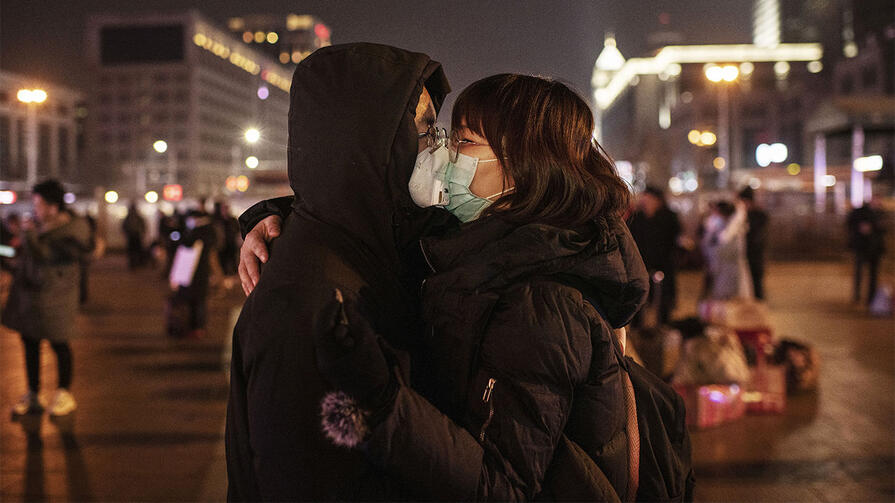Subscribe to our weekly newsletter to get them delivered straight to your inbox!
February 14th isn't the original Valentine's Day in China (that belongs to the 2000 year old Qi Xi Festival in August), but that hasn't stopped the Western version of the holiday from finding a partner across the Pacific. In 2018, Chinese couples were the highest spending group in Asia-Pacific market, spending 190% more on Valentine's Day than Americans did: an average of $274 versus just $144.
In Hong Kong that same year, 64% of people surveyed went out to dinner while 25% stayed in. With the coronavirus death toll passing 1,300 from over 60,000 confirmed cases, it's likely those numbers will flip as people avoid public places. In anticipation of a decline in attendance, sources from the Chinese film industry predict that 15 films will delay their Valentine's Day weekend openings in China, including the Academy Award Winning Little Women.
If you don't get a rose this holiday, there's no need to feel left out. Singles in the U.S. actually spent more on Valentine's Day than their tied-down friends, jumping from $71 in 2018 to $235 per person in 2019. In China, Singles Day (November 11th) has been growing too. Sales topped $67 billion on Alibaba and JD.com last year, outspending the entire Thanksgiving season sales in the U.S. in the first hour alone.
- Compare China's online dating scenes in 2012 and 2017.
- Mengjue “Ashley” Jiang is documenting China's 70 million LGBT population with her project OutChina.
- Cohabitation is increasingly common in urban China with 43% of Shanghai couples living together prior to marriage.
- At our State of the Chinese Economy conference, we learned about the role of marriage expectations in rising housing prices.




